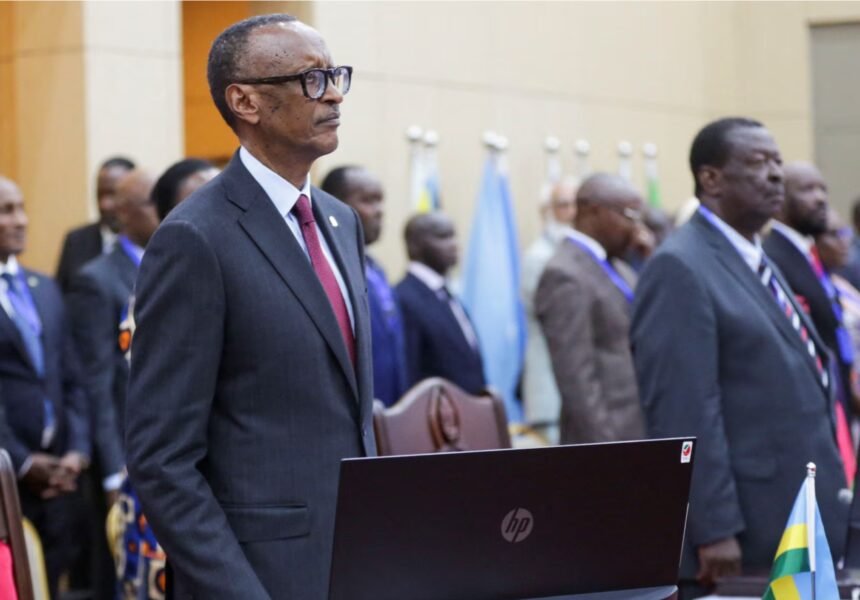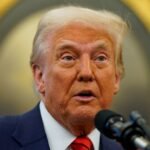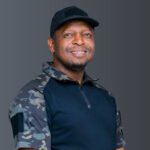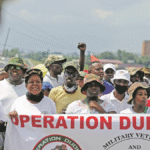Regional leaders have called for urgent action to resolve the escalating conflict in eastern Democratic Republic of Congo (DRC), where the rapid advance of Rwanda-backed M23 rebels has raised concerns of a broader regional war. At an unprecedented joint summit of Eastern and Southern African regional blocs on Saturday, leaders stressed the need for a peaceful resolution to the crisis. The high-level meeting, held in Dar es Salaam, Tanzania, was attended by eight heads of state, including Rwanda’s President Paul Kagame. Congo’s President Félix Tshisekedi participated via video link.
The M23 rebels, a well-equipped, ethnic Tutsi-led group, have been advancing rapidly since capturing Goma, the largest city in eastern DRC in late January. This marked the worst escalation of violence in over a decade, leaving thousands dead and displacing countless others. Despite announcing a unilateral ceasefire, the rebels have continued their advance towards Bukavu, exacerbating an already dire humanitarian crisis.
Thousands of civilians have been forced to flee as M23 tightens its grip on North Kivu province, home to lucrative coltan, gold, and tin ore mines. Aid agencies are struggling to support overwhelmed hospitals, while health workers race against time to bury victims and prevent disease outbreaks. The United Nations’ human rights office has also reported cases of rape, gang rape, and sexual slavery in the region, with the International Criminal Court closely monitoring the situation.
The joint summit shows the deep concern across the continent over the conflict and the ongoing tensions between DRC and Rwanda. Kigali has repeatedly denied accusations that it is supporting the M23 rebels with troops and weapons. However, Kinshasa maintains that the group is operating as a proxy for Rwanda’s military.
The two regional blocs have historically taken different stances on the crisis. The Eastern African bloc has leaned towards dialogue with Rwanda, while Southern African nations have been more vocal in their support for DRC, particularly following the deaths of peacekeepers in the region. This division has made it difficult to find a unified approach to peace.
Stephanie Wolters, a Senior Research Fellow at the South African Institute of International Affairs, noted that these fault lines make optimism about the summit’s outcomes difficult. She emphasised that leaders must encourage Kinshasa to reconsider its refusal to engage in direct negotiations with M23 while simultaneously holding Rwanda accountable for its alleged support of the rebels.
Speaking at the opening of the summit, Kenyan President William Ruto cautioned against military solutions, stating, “We must resist the temptation to think that we can somehow shoot or bombard our way to a solution.” Tanzanian President Samia Suluhu Hassan echoed this sentiment, urging leaders to act swiftly, “History will judge us harshly if we remain still and watch the situation worsen, day by day.”
The stakes of the summit were further raised by the United States’ warning of potential sanctions against officials from both Rwanda and DRC. The crisis is deeply rooted in the lingering effects of the 1994 Rwandan genocide and the ongoing struggle for control over Congo’s vast mineral wealth. As the conflict intensifies, leaders face mounting pressure to deliver concrete solutions that can end the cycle of violence and bring lasting stability to the region.










